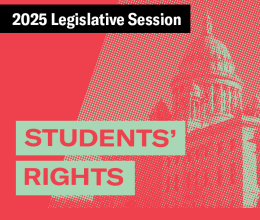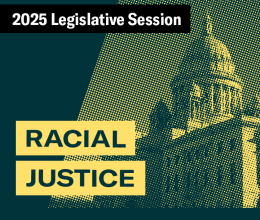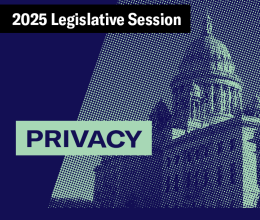A number of community and advocacy organizations are calling on the Council of Elementary and Secondary Education to promptly overturn guidance issued by Commissioner of Education Deborah Gist that advises school districts they can use the PARCC exam as a high-stakes test graduation requirement as early as 2017, three years before the 2020 starting date the Council had originally proposed.
The Commissioner issued this guidance in a “field memo” Friday despite the fact that just last week the Council tabled a RIDE proposal that would have given school districts the 2017 testing option. In addition, without any public discussion, the Commissioner’s field memo also told superintendents they could begin using students’ PARCC scores as a component of their school grades—and could do so starting in the next school year.
In a letter sent to the Council today, the American Civil Liberties of Rhode Island, R.I. Disability Law Center, R.I. Legal Services, R.I. Teachers of English Language Learners, and five other community organizations raised serious concerns about the guidance and urged the council to bar school districts from using PARCC as a high stakes testing requirement until 2020 and from using the test’s results as a factor in students’ grades.
The letter stated: “We would expect that before allowing PARCC to be used for such consequential and punitive purposes, RIDE would be spending the coming five years monitoring the test’s implementation to ensure there was adequate teacher preparation and curriculum development, equitable computer training and access for all, and fair implementation for English Language Learners and students with disabilities. Instead, the Commissioner’s memo is encouraging school districts – many of whom, by RIDE’s own standards, failed to meet basic accountability standards with the NECAP – to be demanding accountability from the students (not themselves) on this new test in a manner that can only be described as exceedingly premature.”
The letter noted that the Commissioner’s unilateral decision to allow school districts to establish their own high-stakes testing requirements for graduation and for grading is “extraordinarily significant” and creates a two-tiered system for students based solely on their address.







